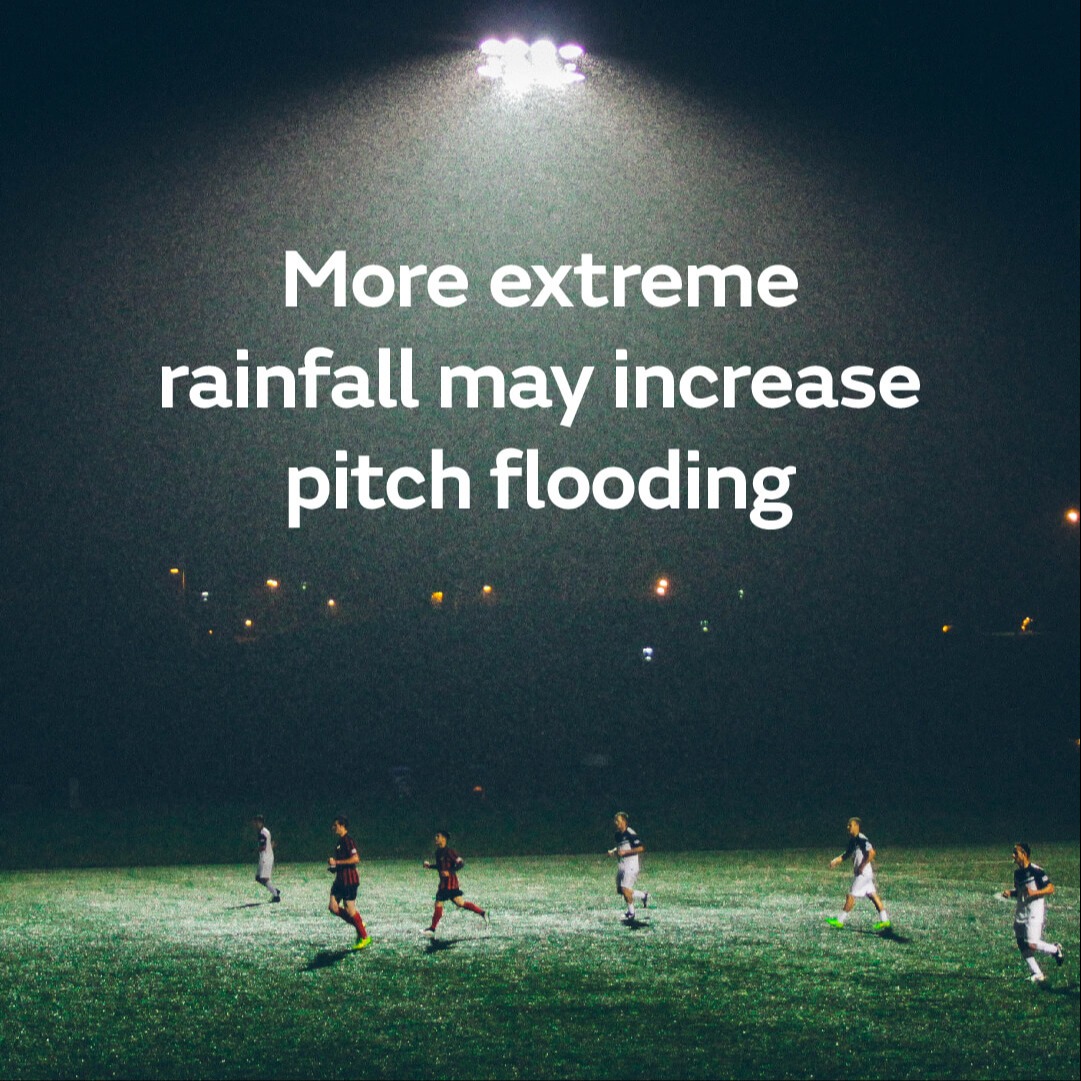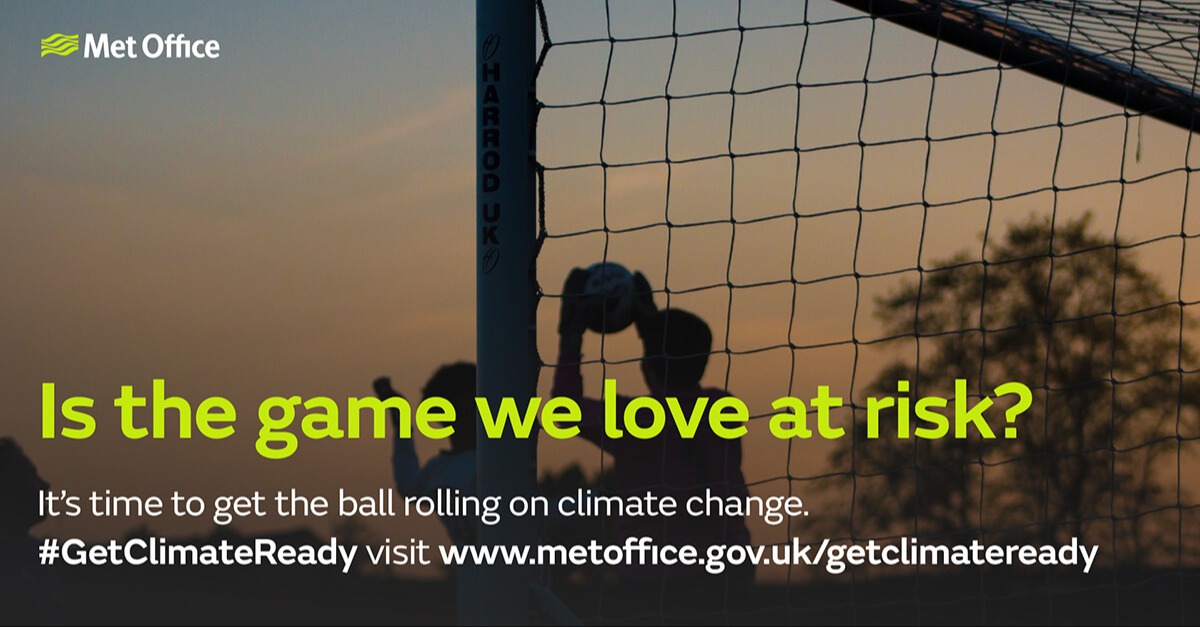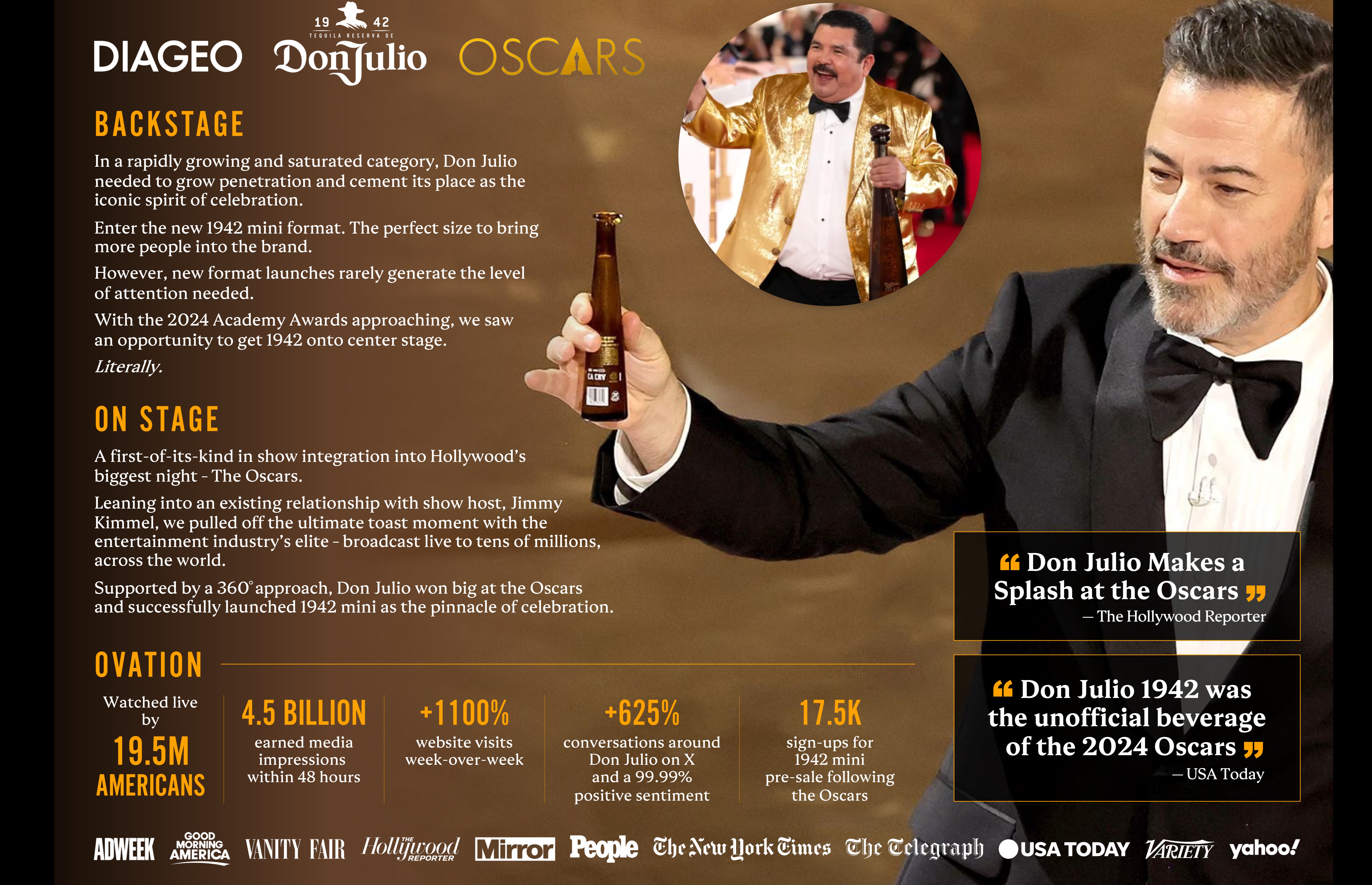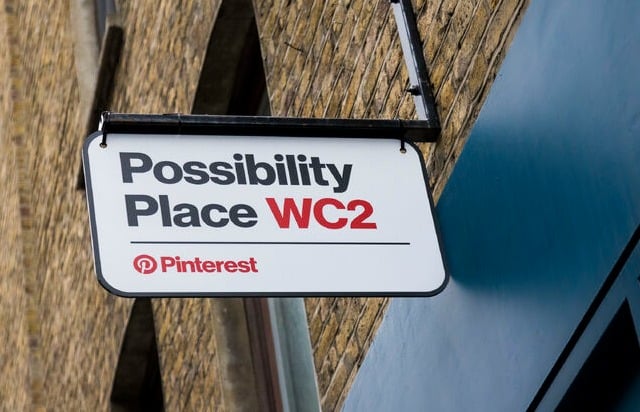
The Met Office: Attributing Extreme Weather to Climate Change
The Brief:
Climate change can seem distant – it’s happening far away, or in the future. A global problem, that’s outweighed by more immediate issues closer to home. And one where collective action or viable changes are seemingly difficult to achieve.
The Met Office wanted to build awareness of their role as an impartial, trusted informer and advisor on climate change, and help people to understand that "The changes in our weather impact things that matter to me" and that they "need to get climate ready for tomorrow … to find out what [they] can do" – enabling them to #GetClimateReady by:
- Raising awareness of the link between extreme weather and human induced climate change
- Enabling and encouraging people to take action, by driving traffic to the Met Office website

Strategy and Implementation:
The Met Office wanted to reach audiences currently sceptical, or less concerned about climate change. Using a combination of Met Office and YouGov data – in particular focusing on areas in the UK that had experienced extreme weather conditions, and the Met Office had conducted existing polling – we identified BC1 and C2 males and females, aged 25-34 years old, as the target audience.
This audience has some limited awareness of the link between extreme weather and climate change, but they will not feel a sense of urgency to get climate ready:
- Only 22% believe that the link between extreme weather and climate change is ‘quite likely’
- 29% believe that climate change is less important or not at all important to them
We needed to connect the climate emergency to day-to-day life – connecting the climate science with the audience’s passions, and showing how immediate actions can make a difference.

It was time to get the ball rolling on climate change.
Around a third of grassroots pitches are losing six weeks to two months of the year from flooding due to severe weather – including during some heavy rainfall events in the UK that can be attributed to human-caused climate change – and by 2050 it’s predicted that this will rise to a quarter of all UK football grounds experiencing flooding.
So we showed that the game we love is at real risk – with content based in scientific research, that appealed to the passions of our target audience specifically, while maintaining broader societal appeal.
Authentic social videos asked if players soon be encouraged to dive?! How teams might adjust their tactics on a waterlogged pitch. And showcasing the many local pitches already being regularly flooded.
The campaign was amplified by influencer Samantha Miller – who, as an ex-professional footballer and strong advocate for women’s football had a strong following amongst fans, an even split of followers between men and women, and the ability to bring to life the climate change message in an authentic way.
Results:
This work was one of the UK government's most successful digital awareness marketing campaigns in 2022 – far exceeding both the Met Office’s own KPI’s and a benchmark of similar campaigns.
By drawing on the agency’s scientific rigour; identifying our audience’s passion points; and delivering creative, low-cost content together with an authentic influencer partner, the campaign delivered:
- 1.8m
- visits to the Met Office website
- 825,000
- people reached with the #GetClimateReady message
- 31,000
- link clicks
- 13.08%
- social engagement rate
Share
The Met Office — Attributing Extreme Weather to Climate Change
Working with the Met Office, we reached audiences that were sceptical about climate change – building awareness of the organisation's role as a trusted advisor, and delivering scientific facts in a relatable way. Our campaign delivered 1.8m website visits, and reached 825k people
Users who viewed this work also looked at:







